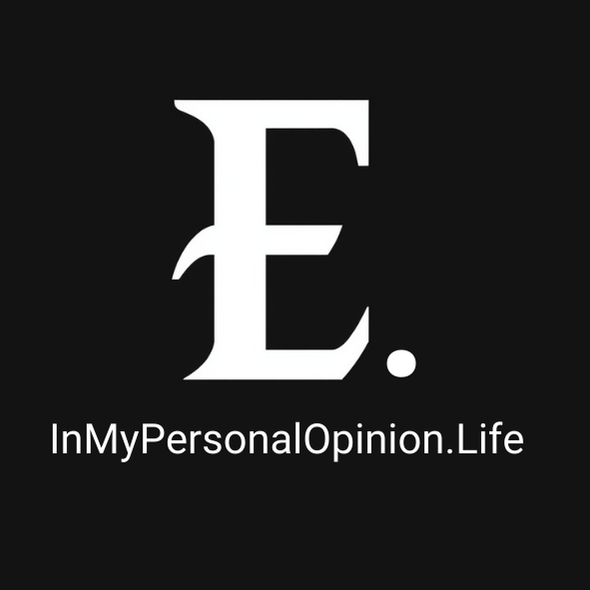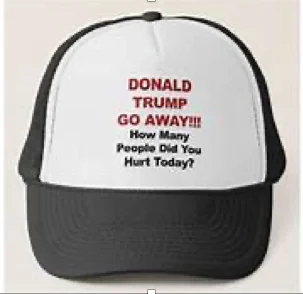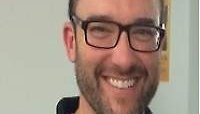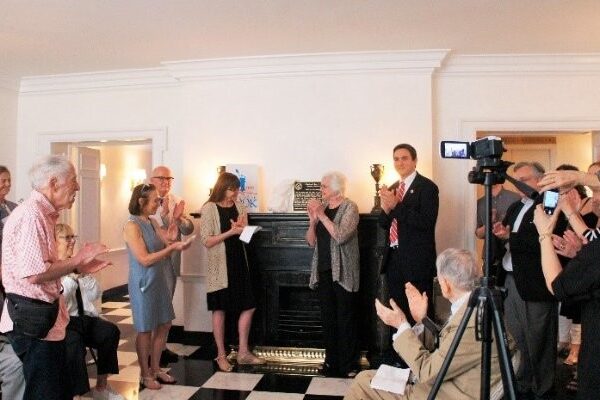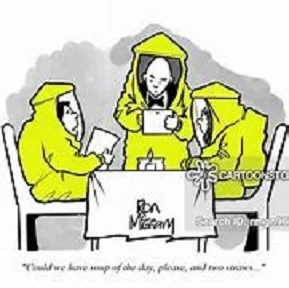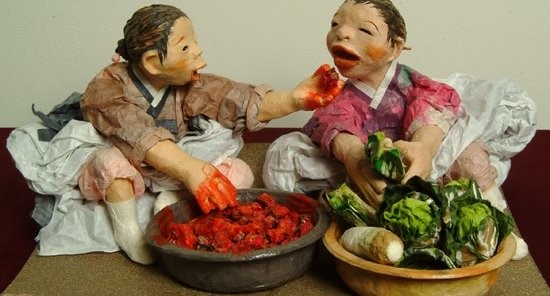It is almost 4 years since The Donald left Manhattan and took up residency in Washington, DC. As a New Yorker and real estate developer, he had no influence on my life. I have to admit that I did use his real estate escapades as examples of tycoon-level international business transactions, but- aside from entertaining my college students, I had no interest in The Donald.
He was (periodically) pictured in the NY Post, the NY Daily News, and made guest appearances on TV talk shows (before he got his own gig), but – most of these appearances related to the multiple women in his life; he was not interviewed as an expert on anything of consequence.
And then, by a twist of fate, The Donald became the POTUS. People who I knew (who knew him) were surprised but not alarmed that he had moved from the Trump Towers to the White House. His consultants had mostly nice things to say about him, and he did have a knack for making money for himself without having to pony up any of his own cash. This was, at the time, considered an art form and not a condemnation of his behavior.
A few of his good deeds gave him notoriety (i.e., completing the ice rink in Central Park under budget) while his other local endeavors (i.e., the scam of Trump University) were less than complimentary. None the less, he was frequently seen in photos with hot-shot real estate moguls, Wall Street financial types and international bankers…Again, nothing that “rocked my world.”
And now, everywhere I turn, everything I do, smacks of intrusion from The Donald. I have been locked in my apartment (under quarantine) since February (or was it March?). Time has lost its value since I have not been outside my building for months. I have the good fortune of seeing flowers, trees, grass and tennis courts from my windows, but, beyond this – I have not moved from the confines of my apartment (discounting brief journeys on the elevator to pick up my groceries from Key Foods, Amazon and Walmart) and weekly forays to the laundry – carefully timing my travels so that I do not have to share the laundry space or the elevator with my neighbors, or (perish the thought) a visitor from “outside” my very teeny tiny universe. As a world traveler, my life has become very small and it is all thanks to The Donald.
Sunshine
All is not bleak. Thanks to being incarcerated during the time of the pandemic (a nod to The Donald), I have been introduced to the bureaucracy of the World Health Organization (WHO). In reality, I should not have put a great deal of faith in the comings/goings of this United Nations agency. As a WHO executive pointed out (at a recent ZOOM press conference), the people who work for WHO are not the people who control the operations; WHO employees are directed by the Members who pay large amounts of money to belong to the organization.
Bang for a Buck?
The Donald was correct when he said that the United States is the largest contributor to WHO; the USA cuts a check for $116M each year, or about 24 percent of the entire organization’s budget. China pays the second most money among members with $57M, or just 12 percent of the organization’s total. The vast majority of countries pay significantly less than the US and only 13 countries pay more than $10 M with 44 countries paying less than $1M each year to support the WHO. The big question to consider is whether the USA is getting a bang for its buck?
WHO Knew What/When?
The WHO could have (should have?) been more proactive in addressing the Wuhan pandemic. There appear to be lots of people passing responsibilities on to others, but – bottom line, the executives at WHO did not pick up a telephone or send an email to the USA and, at the barest minimum, give the health care professionals and scientists a “heads up.” The WHO leadership claims that they work with scientists and health care professionals around the world. Assuming this is true, why were they mute when even the barest “smell test,” would have suggested, at least, the “possibility” of a growing problem.
Dr. Daniel Lucey, Georgetown University’s infectious disease specialist found the although the first patient in Wuhan was identified with an illness on December 1, 2019, it is likely that the human infection took place in November, as the virus appears to have an incubation period of up to 14 days. This patient may have spread it to others before he/she presented to medical teams. Additional cases were reported on December 12, 2019. On December 30, 2019, the Wuhan Health Commission issued instructions to hospitals, clinics, and other healthcare units prohibiting the release of any information about the treatment of the new disease (China Media Project).
Dr. Li Winliang and other medical professionals were concerned with the new virus and on December 20, 2019, police warned the doctor (in regard to his online chat group) – even discussing seven new cases was a no-no. A few days later, on January 3, 2020, the police forced Li to sign a letter stating that he spread, “untrue speech” for alerting colleagues about the virus (from which he died).
Finally, On December 31, 2019, Chinese authorities informed the WHO that they had found a new type of coronavirus. On January 7, 2020 laboratory testing was conducted on all suspected cases in China. On January 11/12, 2020, WHO received additional information from China’s National Health Commission about the issue. President Xi Jinping gave a speech on February 3, 2020 (reprinted from Qiushi, a bimonthly journal), where he said, “I issued demands during a Politburo Standing Committee meeting on January 7 for work to contain the outbreak.” Clearly, he knew of the issue by that day and perhaps days before.
On January 20, 2020, the first COVID 19 patients were identified in the USA and Korea. It was not until March 11, 2020, that WHO declared COVID 19 a pandemic, identifying 118,000 cases in over 110 countries and territories around the world and the risk of additional spread.
Secrets Belong in Hollywood, Not in Science
WHO executives could have had conversations with leading scientists, educators, and others in the field to review their observations – even if they were not quite ready to make a pandemic pronouncement. When you are the USA and a major contributor to an organization, there is the expectation that you will be the first to be alerted to a potential emergency. Even if the POTUS was uninterested, there are “influencers” throughout the USA that could have (would have) started to move the needle toward taking actions (think Korea leadership).
Why the delay and / or coverup? Some research suggests that there is a more than professional relationship between WHO leadership and the Chinese, or maybe the men and women at the helm of WHO was too busy trying to protect their reputations and/or there were other catastrophes clambering for their attention.
Outcome
Whatever the reason(s) for the delay and the subsequent collapse of world economies this is the time to make The Donald go away. Not through the wand of a magician, and not through the prayers of a High Priest, but rather by using the few threads of democracy that are still intact – and that is through the VOTE!
Many people in key decision-making positions would like to take away the USA’s ability to vote. These folks will use every opportunity to keep American citizens from expressing their view and their opinion on who should lead them. These really bad people make it inconvenient to vote (closing nearby polling venues, asking for a myriad of documents), they make it dangerous to vote (forget COVID 19 and its ability to transcend space and time), making citizens stand on long lines for hours in the hot sun to place their ballot, and deliberately ignore voters because of their race, religion or zip code.
We can make The Donald go away – but it will not be easy.
